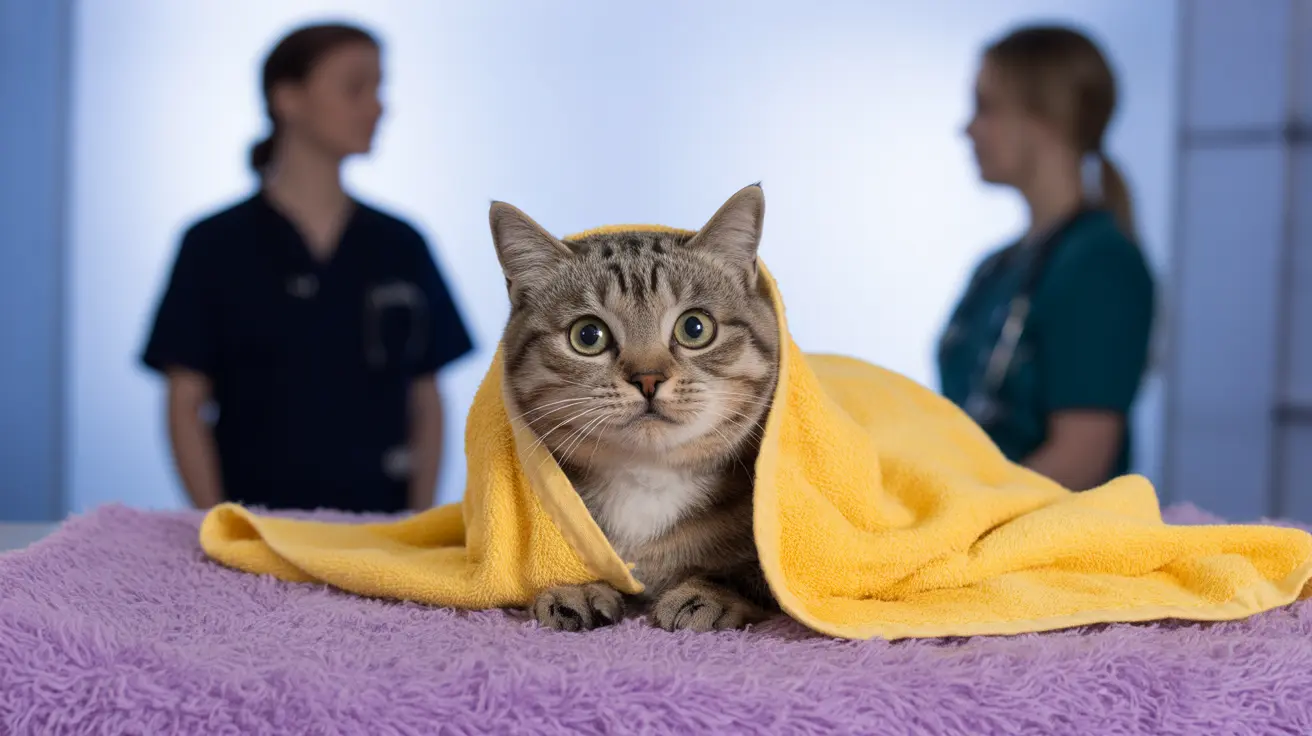Understanding Why Your Cat Has a Scab on His Nose
Finding a scab on your cat’s nose can be concerning. Cats are curious and often explore their environment, which may sometimes lead to minor injuries or skin issues. While a small scab is often not an emergency, it’s important to understand the potential causes and know when veterinary attention is necessary.
Common Causes of Scabs on a Cat’s Nose
- Minor Trauma: Cats can develop scabs from playing, fighting with other animals, or bumping into objects. A scratch or small wound can easily scab over.
- Allergies: Allergic reactions to food, environmental factors, or cleaning agents can lead to itching and subsequent scratching, resulting in a scab.
- Parasites: Fleas, mites, or ticks can cause irritation, leading your cat to scratch its face, which can create scabs.
- Infections: Bacterial or fungal infections may lead to skin inflammation and scab formation.
- Dermatologic Conditions: Autoimmune skin diseases or conditions like feline acne can cause crusty lesions around the nose.
- Sunburn: Light-colored or hairless cats may suffer sun damage, especially on the nose, which can cause scabbing.
When to Worry About a Scab
Not all scabs require medical attention, but some signs suggest a more serious condition:
- Scab that doesn’t heal within a week or two
- Swelling, redness, or foul odor around the area
- Discharge or bleeding
- Multiple scabs or hair loss in the area
- Your cat is scratching excessively
- Changes in appetite, mood, or energy levels
If you observe any of these signs, you should consult your veterinarian promptly.
Diagnosing the Issue
To diagnose the cause of the scab, a vet might:
- Perform a skin scraping to check for mites
- Take a swab to identify bacterial or fungal infections
- Conduct allergy testing
- Review your cat’s diet and environment
The diagnosis will help determine the most appropriate treatment plan.
Treatment Options for Cat Nose Scabs
- Topical Antibiotics: Used for bacterial infections or minor wounds.
- Antifungal Creams: Prescribed if a fungal infection is present.
- Antihistamines or Steroids: These can relieve allergy symptoms and reduce inflammation.
- Flea or parasite control: Essential if the scab is due to infestations.
- Behavioral modifications: To prevent self-induced injuries from overgrooming or stress.
Preventing Future Scabs
- Keep your cat indoors or supervise outdoor activities to prevent injury and sunburn
- Use parasite prevention regularly
- Monitor your cat’s environment for allergens or irritants
- Ensure a nutritious, balanced diet to support healthy skin and coat
When to Seek Veterinary Support
If your cat’s nose scab persists despite home care, worsens, or is accompanied by systemic symptoms, a veterinary evaluation is necessary. Early diagnosis can prevent complications and help maintain your cat’s overall health.
In summary, while a scab on your cat’s nose is often harmless, careful monitoring and appropriate care are essential to rule out underlying health problems. By staying vigilant and proactive, you can ensure your furry friend remains happy and healthy.





